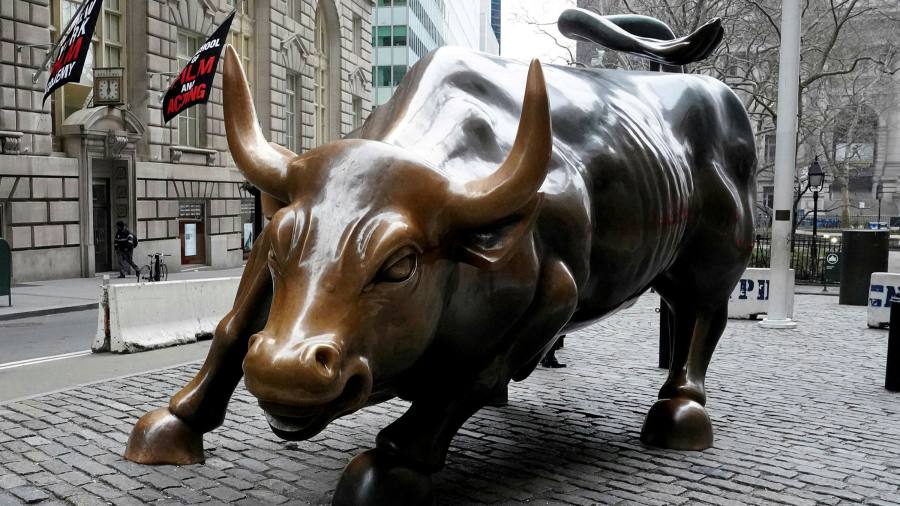[ad_1]
An increasing number of acquisitions by blank cheque companies risk being derailed as retail investors fail to show up in sufficient numbers for critical shareholder votes on the deals, industry executives say.
The difficulties represent an unexpected consequence of the Main Street popularity of Wall Street’s hottest asset class, and are forcing backers of special purpose acquisition companies to find new ways of turning out shareholder voters.
“The retail trend is creating logistical problems in getting these deals done,†said Joshua DuClos, a partner at Sidley Austin who has worked on several Spac deals. “On lots of deals, when they come up for the vote, the meetings are having to be adjourned multiple times to get the shareholders to show up and vote.â€
Individual investors account for about 40 per cent of all trading in Spacs — double the amount for S&P 500 or Russell 2000 stocks, according to data in a Bank of America report released last month.
This heavy retail participation has created a new dynamic for Spacs, which had few problems getting deals or extensions approved when more of their shares were held by institutional investors or hedge funds well versed in the shareholder voting process.
“In the old days the large US brokerages would just vote the shares,†said Drew Goldman, global head of investment banking coverage at Deutsche Bank. “Now you have people who are sophisticated enough to open up an online trading account but do not realise that in order to get a deal done you have to vote.â€Â
The growing retail presence is particularly problematic for votes on extending the time to close acquisitions, which typically require 65 per cent of shareholders to agree. Votes on approving deals, by contrast, usually only require a simple majority. Spac backers, who typically own 20 per cent of the shares, also agree in advance to support transactions.
The difficulties of turning out the shareholder vote was highlighted in September when a Spac called Forum Merger II asked its investors for a one-month extension to complete its deal with frozen food company Tattooed Chef.
Only 61 per cent of shareholders voted in support, sending the Spac’s share price lower and prompting complaints from retail investors who said they had not been notified about the vote, a person with knowledge of the situation told the Financial Times.Â
Only after shareholders were given more time to vote — and many turned to Reddit, the online discussion forum, to encourage participation — was the extension eventually approved. The deal closed soon after.
Eli Baker — who joined with Harry Sloan, former chairman of Hollywood studio MGM, to take DraftKings public last year via a Spac — said he believed the growing involvement of retail investors would make it more difficult to get deals done.
“Because institutional shareholders represented the vast majority of our free float, we didn’t encounter the issue,†Baker said. “But our eyes were opened to how retail investors could create voting issues going forward for Spacs who are heavily reliant on their support rather than institutional investors.â€
One sponsor of multiple Spacs called it “a terrible situationâ€, saying: “When you’re talking about hundreds of thousands of individual investors, you don’t have the time to chase them down and have somebody explain it to them. What most people think is my vote doesn’t count.â€Â
Michael Wolfson, a partner at Simpson Thacher, said he believed growing retail participation “might increase the costs of soliciting proxies and might delay some stockholder meetingsâ€. But he added: “The incentives for Spac stockholders to vote for a transaction remain.â€Â
[ad_2]
Source link





